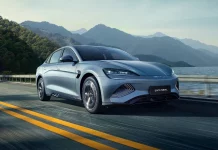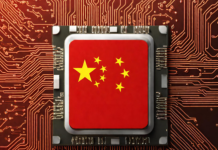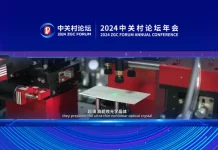Chinese smartphone maker Oppo has urged Nokia, a leader in electronics from Finland, to accept the 5G royalty rates set by a Chinese court. This request comes after a ruling in Chongqing, China, which supported Oppo’s desire for lower fees on Nokia’s essential patents for mobile technologies ranging from 2G to 5G.
China seems to be exercising more control over intellectual property rights
These patents are crucial for ensuring products adhere to industry standards. Oppo’s stance is clear: they’re keen to settle this matter and get back to business as usual. Meanwhile, Nokia, standing firm, plans to appeal the decision, which it sees as limited to Chinese jurisdiction. They remain confident in their position, given that other courts outside China have sided with them in this ongoing dispute.

The root of this conflict lies in disagreements over fair pricing for using Nokia’s 5G technology in Oppo smartphones. This isn’t just a bilateral dispute; it reflects a broader trend where Chinese courts are increasingly stepping in to determine global royalty rates for foreign patents. This move symbolizes China’s growing influence and assertiveness in international intellectual property rights.
In a similar case, Oppo triumphed over Sharp in a court ruling, which later led to a global cross-licensing agreement. This precedent suggests that the recent ruling in Oppo’s favor might be more than just a local victory – it could reshape global norms for technology licensing.
The Chongqing court’s decision sets specific fee rates for Nokia’s patents, significantly lower than Nokia’s standard charges. This ruling, if upheld, could have far-reaching implications, not just for Nokia and Oppo but for the entire mobile phone industry. It reflects China’s evolving role in the tech world, where its companies are increasingly influential in setting terms for the use of key technologies.
Oppo, despite facing setbacks in legal battles in Germany and India, remains a top player in the global smartphone market. The outcome of this case could impact their business strategy and market positioning significantly. This ongoing legal saga highlights the complex interplay of innovation, intellectual property rights, and international business in the fast-paced world of technology.
RELATED:
- Oppo Pad 2 picks up Color OS 14 update based on Android 14 in China
- Samsung official opposes “AI Phone” name for Galaxy S24 series, seeks alternatives
- Giztop’s Christmas Holiday Savings: Unwrap Joy with Exclusive Discount
- Best smart luggage of 2023: Modobag, Weego, Incase & More
(Via)







